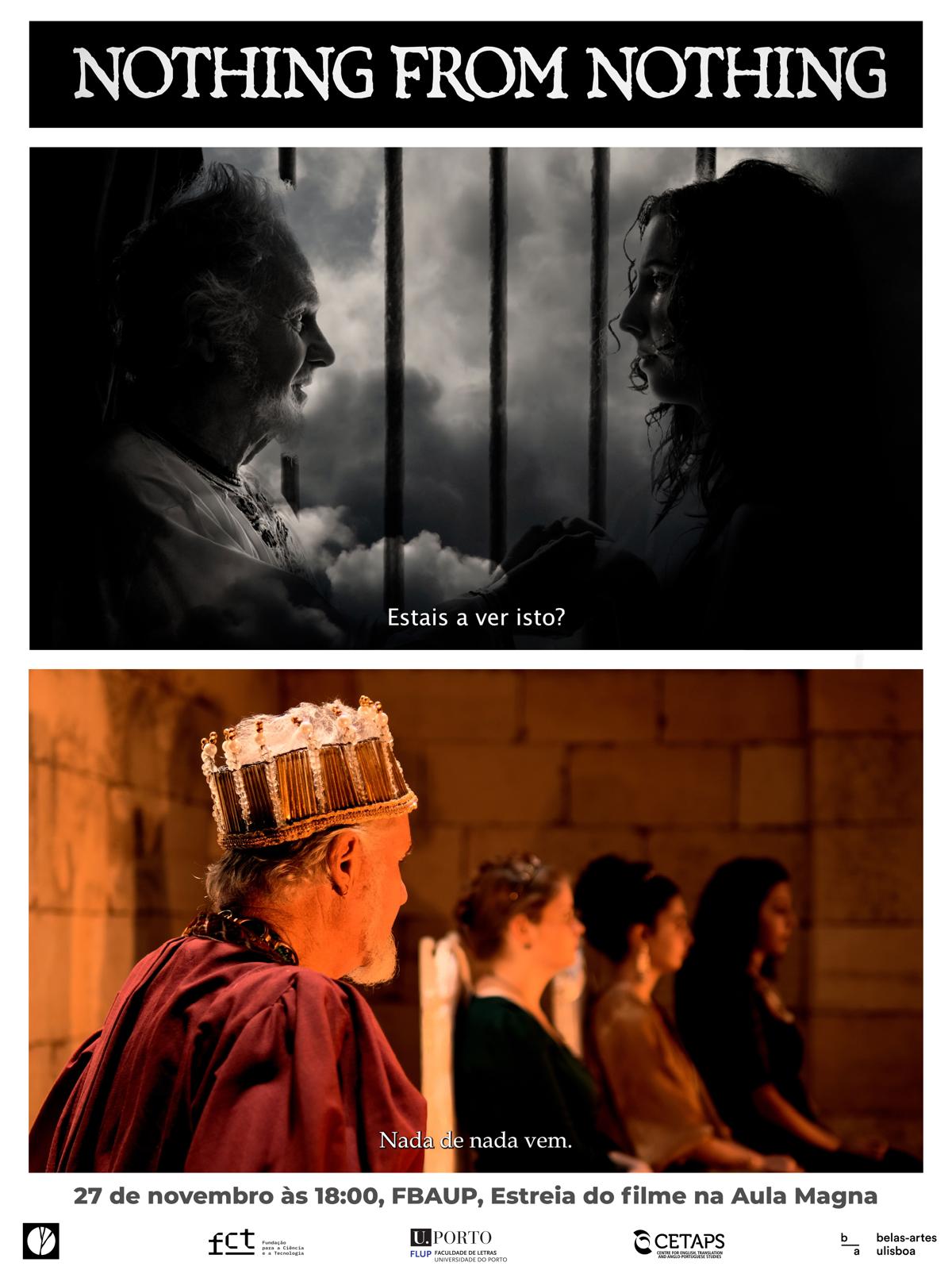Welcome to CETAPS Digital Laboratory Blog
CETAPS Digital Laboratory Blog is an open platform for researchers and practitioners to share their experiences with Digital Humanities. Contribute!
CETAPS Digital Laboratory Blog is an open platform for researchers and practitioners to share their experiences with Digital Humanities. Contribute!





Call for 4 ( four) Research Grants for students enrolled in a master's program to carry out R&D activities within the scope of the project “ Junior Researchers In Anglo-American Studies” ongoing at the Centre for English, Translation, and Anglo-Portuguese Studies, financed by national funds through the FCT - Foundation for Science and Technology (Ref. UID/4097/2023 CETAPS).
Until September 19, 2025